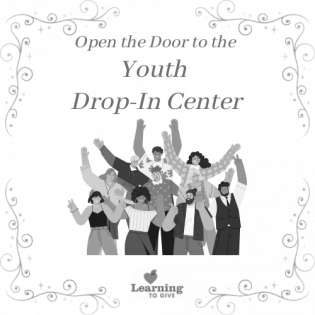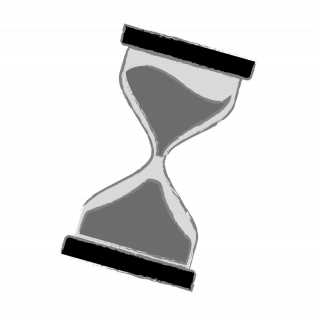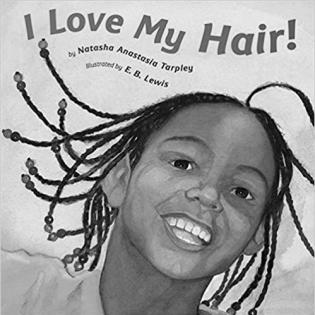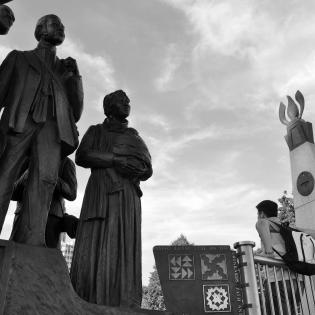Learners describe good nutritional practices and make a plan to eat healthy.
Filter by subjects:
Filter by grades:
Filter by audience:
Filter by issue area:
Filter by content type:
Filter by resource type:
resource search
A youth drop-in center serves youth from ages 14-24 who are not securely in a home and need some support. They may need a place to shower, apply for jobs, learn skills, or get mental health support as they work toward finding a place to live. Learn about this organization and how you can help.
George Washington Carver was a teacher, agricultural scientist and inventor who served Tuskegee Institute in Alabama for forty-seven years. He made many contributions to the world and the environment, including developing revolutionary crop rotation theory that helped conserve land from overuse. He educated and empowered farmers in agricultural techniques, particularly in the American South and founded the Carver Research Foundation.
The "Current Event Check-In" is an Everyday SEL practice. It is a culturally responsive version of the daily emotion check-in; it offers youth the opportunity to check-in regarding the current events in their communities. In order to have a social awareness of one’s community, youth must be able to inquire, discuss, and share their thoughts and opinions about the events in their community on a regular basis.
To develop the course’s vehicle for grantmaking funds to be secured and accessed by students and to identify partners (inside the school and out) that will assist with the success of a Hands On Philanthropy course.
This lesson covers the groundwork for the creation of the...
Video Clip and Discussion Guide: In this video, we learn from philanthropy scholars that not all giving has a positive impact. We learn about ethics and effective management of nonprofits to ensure they are good stewards of the money they raise.
This is a story about how the author “fell in love with her hair”.
The activities described here are linked at the bottom of this page to help learners get to know their community and the resources there. They also help students take action to address a need and then reflect on the service-learning process.




